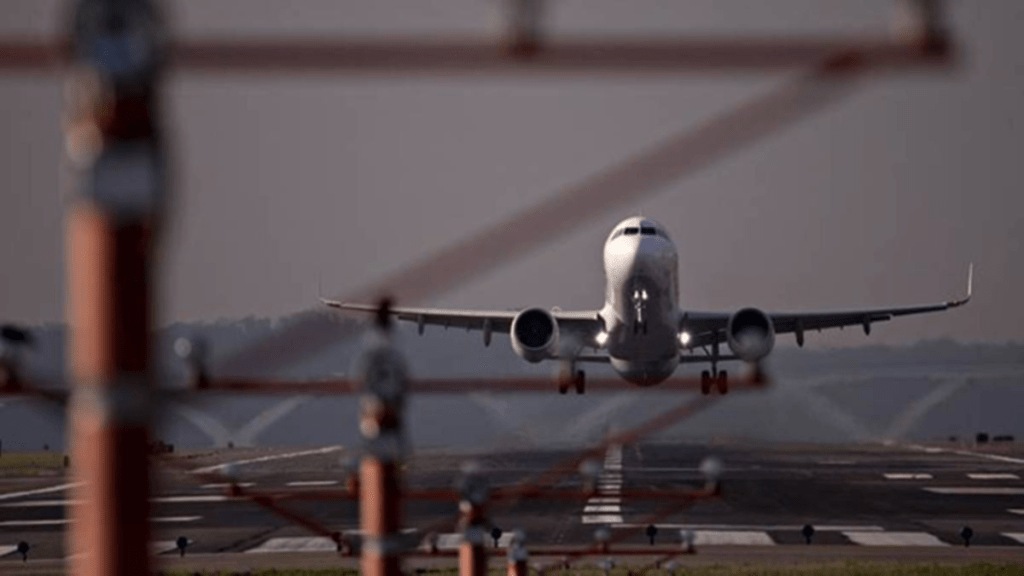With the doubling of aircraft inventory by the turn of the decade, revenues of domestic maintenance, repair and overhaul (MRO) services providers are expected to triple to Rs 5,500-6,000 crore by FY28 from around Rs 1,800 crore currently, a report by Crisil stated.
Strong growth in domestic civil aviation, government support, and ongoing MRO capex at airports should help lower costs and improve utilisation, as per the study based on three MRO services providers, accounting for more than 90% of the industry’s revenue, indicates.
Also read: In the largest order in history of aviation, IndiGo buys 500 planes from Airbus
MRO services will be in high demand as it correlated with the size of the aircraft fleet. From around 684 aircraft by end of FY23, Indian carriers are likely to have 1,400 aircraft by end of FY30, as per estimates made by CAPA India.
Consequently, the overall amount spent by Indian airlines on MRO services (both domestic and global) is projected to surpass Rs 25,000 crore by 2028 from around Rs 14,000 crore levels last fiscal, Crisil added.
Most of India’s MRO players, including Air Works, Deccan Charters and GMR Aero Technic, are privately-owned. Air India Engineering Services, which is the only state-owned MRO company and also the largest in the country, is in the process of being privatised.
MRO services comprise line maintenance, component maintenance, engine maintenance and airframe maintenance.
These play an important role in ensuring airworthiness and availability of aircraft. In India, airlines spend around 12-15% of their overall revenues on maintenance, which becomes the second most expensive item after fuel (45% of operating expenses).
Engine and component repairs account for over 60-70% of MRO costs, and the remaining 30-40% is spent on airframe maintenance, according to NITI Aayog.
Ankit Hakhu, director, Crisil Ratings, said, “The domestic MRO industry’s penetration rate is expected to reach 22-24% by fiscal 2028 from around 12% at present, driven by the less-complex line-maintenance services. The engine and component maintenance segment, where global technical companies are investing to develop local capability, should also see penetration improve.”
Revenue of domestic MRO providers has been minuscule so far. Revenue per domestic aircraft fleet for Indian operators is less than Rs 5 crore against more than Rs 400 crore in Singapore, which caters to demand from other countries, including for aircraft from India, the study added.
Also read: Baby strollers to nursing station: This is how Delhi Airport is getting toddler-friendly
The government has introduced several initiatives to give the domestic MRO business a boost. These include reducing the goods and services tax on MRO services from 18% to 5%; land lease via open tenders instead of predetermined rates, abolishing the 13% royalty charged by government authorities on revenue; and allotting land to MRO service providers for 30 years instead of the current 3-5 years.
Delhi and Bengaluru airports have set up dedicated MRO facilities for select private airlines, with more underway.
Two MRO facilities near the upcoming Jewar airport (UP), Belagavi (Karnataka), Bhopal (Madhya Pradesh) and Tirupati (Andhra Pradesh) airports are planned.


